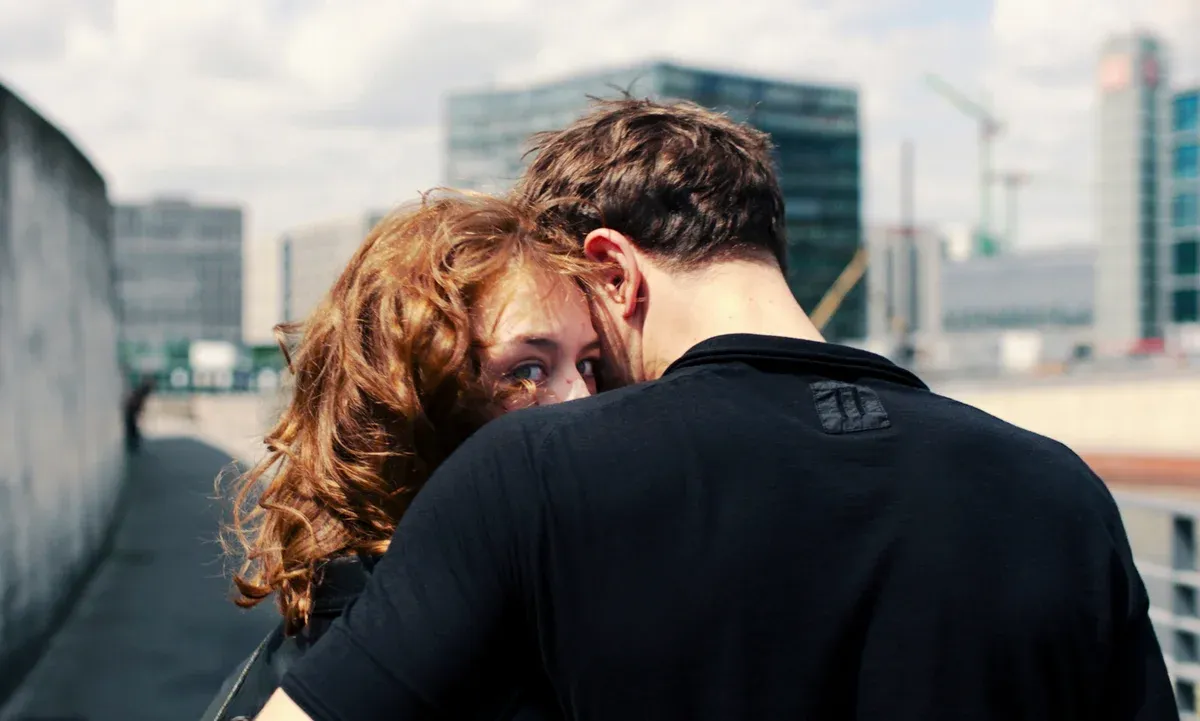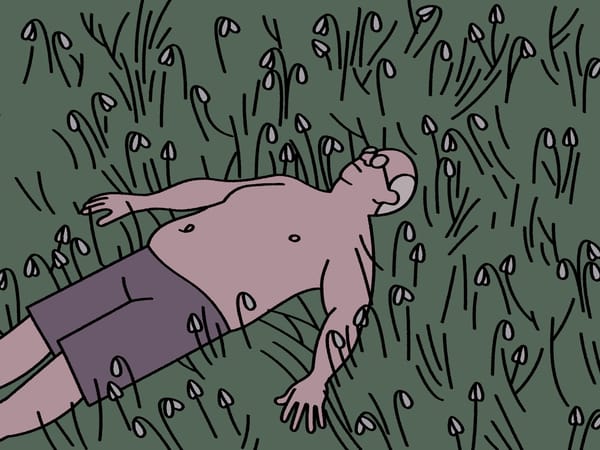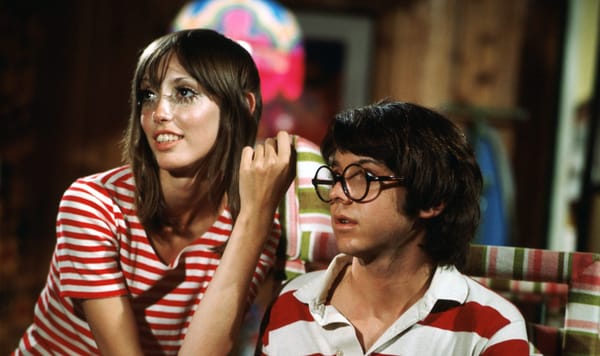What to Watch: "Souleyman's Story," "Undine"
Plus new reviews of "Steve," "A Big Bold Beautiful Journey" and "Downton Abbey: The Grand Finale" (one hopes).

“Souleymane’s Story” (⭐ ⭐ ⭐, for $5.99 rental on Amazon and Apple TV) joins a list of movies that depict the urban immigrant experience with plainspoken decency, among them “Take Out” (2004), an early film from Sean Baker (“Anora”) and Shih-Ching Tsou; Ramin Bahrani’s “Man Push Cart” (2005); and “En el Séptimo Día” (“On the Seventh Day”) (2017), Jim McKay’s wonderful film about New York City deliverymen and soccer. “The Old Oak” (2023), the final movie from the tireless Ken Loach, also belongs in this company.

Taking place over two days in the life of an undocumented African immigrant in France, Boris Lojkine’s drama is a work of bone-deep empathy that doubles as nail-biting suspense, and it benefits immeasurably from the lead performance of Abou Sangaré, himself a Guinean immigrant who had no previous acting experience but who won awards at Cannes and other festivals for his work here. As the title character, a Parisian food deliveryman trying desperately to prepare for an asylum interview that would allow him to stay in the country, Sangaré has a face that seems made for a movie camera, registering every one of Souleymane’s thoughts and emotions with a clarity that commands a viewer’s sympathy.
The movie piles on the woe to the point where “Souleymane’s Story” threatens to drift into miserabilism, but what keeps a viewer rapt, besides the sheer, humble openness of Sangaré’s performance and the ticktock tension as the hearing nears, are glimpses of kindness: a gift of candy from a restaurant hostess, an aged delivery customer asking Souleymane about his life. These moments pierce the film’s hurtling determinism with brief rays of light.
It's a movie that asks a viewer to look — really look — at people whom politicians and the media and we ourselves assign to the margins by thinking of them as a mass. To do otherwise — to consider them as individuals worthy of their struggle to build better lives — is to swim hard against the tide of current public opinion. That’s why it’s all the more necessary, and that’s why movies like this exist.
In classical literature, an undine is a female water nymph whose relationships with men are often tragic. The myth has fed into fairytales like “The Little Mermaid,” romantic novels like Friedrich de la Motte Fouqué’s 1811 “Undine,” Hollywood romcoms like “Splash” – and Christian Petzold’s moody and sensual “Undine” (2021, ⭐ ⭐ 1/2, streaming on Kanopy and MUBI, for $3.99 rental on Amazon and Apple TV), where it becomes a psychological portrait that wades slowly into the supernatural.
The film reunites the stars of Petzold’s “Transit” (2019), Paula Beer and Franz Rogowski, in a lesser work but to better effect. Beer is especially affecting as the Undine of the title, a Berlin historian seen getting dumped by a cad of a boyfriend (Jacob Matschenz) in the opening scene. The shock highlights the character’s eerie disconnect, and when she reminds the cad that she’ll now have to kill him – adhering to the myth of undines dispatching men who dare to break up with them – we catch glimmers of an unstable mind.

Luckily for him, for Undine, and for the audience, she boomerangs to Christoph (Rogowski), a gently hunky professional diver. They meet ichthyologically cute when he approaches her at a café after attending one of her lectures and they somehow manage to knock over the establishment’s giant fish tank, deluging them in water, guppies, and seaweed. And so to bed.
The middle sections of “Undine” are its strongest, detailing the couple’s romance with an eroticism all the more powerful for its restraint. (The soundtrack sets the tone, repeatedly returning to the shimmering adagio from Bach’s Concerto in D Minor.) With her ice-blue eyes and strawberry hair, Beer suggests a spookier, more cerebral Nicole Kidman, while Rogowski has the vibe of a Joaquin Phoenix after a decade or two of therapy. They make a lovely couple and the movie swoons discreetly with the passion their characters feel for each other.
So much so that the inevitable romantic roadblocks feel like contrivances, excuses for Petzold to keep us off balance as to Undine’s sanity and the murky line between reality and myth. She and the movie seem to live in two realms: The first, on land, is personified by the city of Berlin itself, with Undine’s lectures on its historical growth from marshland illustrated by scale models and maps. The second, the domain of water, is everything that is not concrete, where sirens sing their undersea songs and giant catfish rule the waves.
So is she or isn’t she? “Undine” broadens its ambiguities in its final act, which will annoy literal-minded viewers while enrapturing those with a taste for poetic uncertainty. It has to be said, though, that the film’s pace and energy flag as it moves further into the logic of folklore. Petzold is a gifted filmmaker pulled in opposite directions by politics and melodrama, and when they’re in perfect tension, as in “Barbara” (2012) and “Phoenix” (2014), a masterpiece can result. “Undine,” by contrast, is the slightest bit waterlogged.





